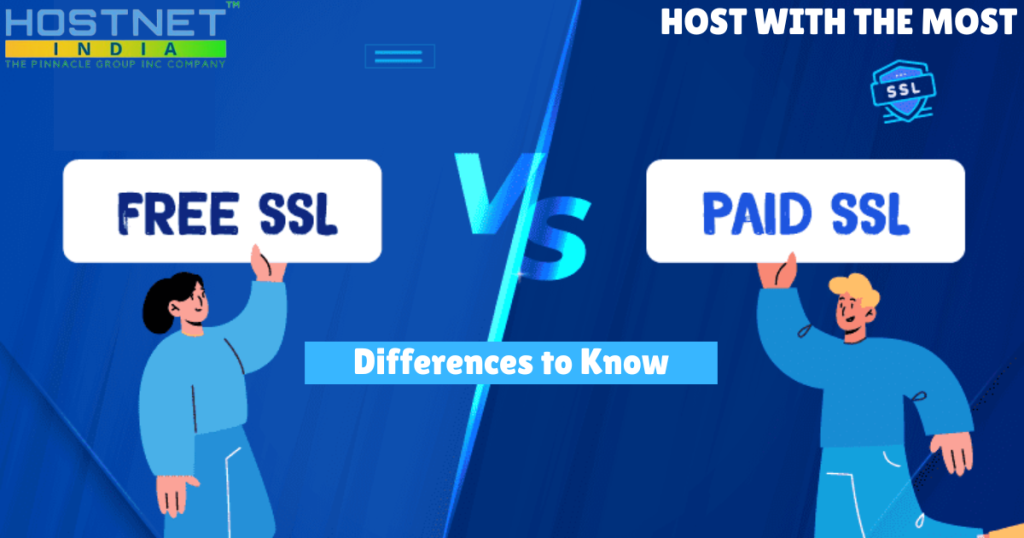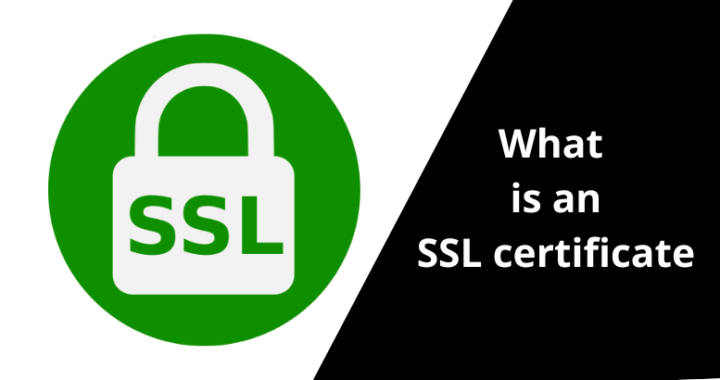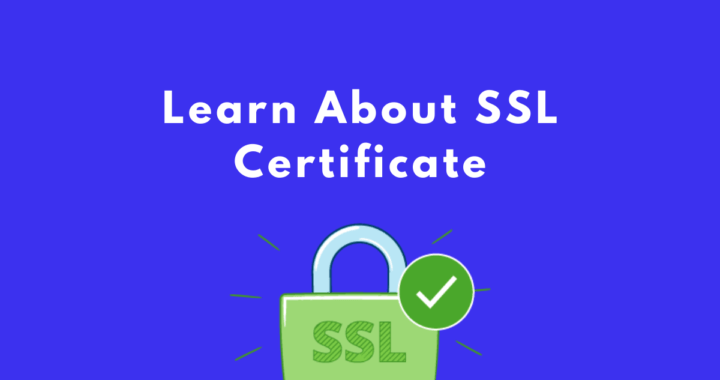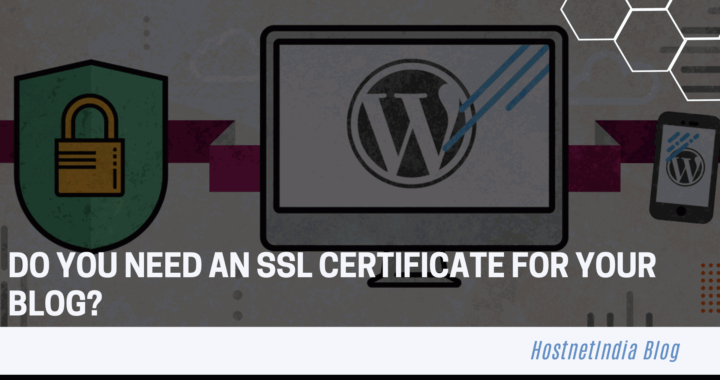Differences Between Free SSL & Paid SSL

SSL (Secure Sockets Layer) certificates have become a crucial element for any website. They play an important role in ensuring data encryption and enhancing search engine visibility. In reality, if all other factors are equal, Google’s algorithm favors SSL-certified pages. In other words, Google doesn’t want its users to visit harmful websites.
SSL certificates also encrypt and decrypt messages as they move from one system to another or between clients and servers, making them less vulnerable to cyberattacks. For this reason, SSL certificates are important not only for e-commerce sites, business websites that store sensitive information, but for other websites looking to increase their traffic.
Nowadays, there are many SSL certificates on the market, but choosing the right one for your website can be a difficult task.
Let’s explore the details of free SSL compared to paid SSL certificates to better comprehend the distinctions, assisting you in making a well-informed choice.
What is the Difference Between Free SSL and Paid SSL?
Free SSL certificates, as their name implies, are available at zero cost and are a common option for website owners, especially those with simple security requirements. These certificates usually only provide protection, making them appropriate for small websites and personal blogs. They offer the necessary “https” secure connection but do not have all the advanced features of paid SSL certificates.
In contrast, free SSL certificates are not as reliable as paid ones because they are not issued by Certificate Authorities (CAs) after a rigorous verification process to confirm the credibility of the website and its owner. They provide different levels of validation which include Domain Validation (DV). Each certificate offers varying levels of trust and authentication. Paid SSL certificates are suitable for e-commerce platforms, big corporations, and websites that manage sensitive customer information.

Here are the Differences in Detail:
1. Easy Installation
The main advantage of a free SSL certificate for a website is that it doesn’t require any payment. Furthermore, you can quickly find and set it up to have your website operational in no time. You have the ability to acquire numerous free certificates without any difficulties.
Certain SSL certificate providers that charge a fee may need you to complete certain procedures before issuing and installing the certificate. So, you should look for providers who can speed up the process for you.
2. Validity Period
A free SSL certificate for the website has validity for one month to three months, leading to the trouble of recurrent renewals at your end.
Paid SSL certificates have a validity for one year (recently the validity of SSL certificates is shortened to one year from three years).
3. Website size
A no-cost SSL certificate is appropriate for beginner websites or companies that do not handle online transactions. You are able to protect personal websites, blogs, online portfolios, and information portals with a complimentary certificate without encountering any security or compliance troubles.
In general, bigger and more complex websites tend to go for a paid certificate, whereas smaller websites with fixed content and no payment gateways might go for a free SSL option.
4. 24/7 Technical Support
With a free SSL certificate you get little to no help from the Certificate Authority. On the other hand, Certificate Authorities and their resellers issuing paid SSL certificates provide premium support to all their customers.
5. Warranty Period
When you opt for a paid SSL certificate, you are generally covered by a warranty. This warranty acts as an insurance against any damage to the business resulting from a flaw in the certificate. The warranty level ranges from $5000 to $1 Million, depending on kind of SSL certificate you’ve purchased. Unfortunately, there is no warranty provided with a free SSL certificate.
6. Ownership & Control
Purchasing a paid SSL certificate grants you complete ownership, allowing you to install it on any server and hosting provider of your choice. The certificate belongs to you, and you have full authority over it.However, this is not consistently true for complementary certificates.
Amazon and Cloudflare provide complimentary certificates exclusively to their customers, but if you change your AWS provider, the certificate will become invalid. Hence, Cloudflare acts as a middleman connecting the browsers with your web server.
7. Server compatibility
Paid SSL certificates are compatible with most hosting services including dedicated servers and are easier to set up. Free SSL certificates are only easy to install if the hosting provider has made provisions to support it.
8. Customer Trust & Value
Customers’ trust is the essential factor that ensures a business’s survival. You may not have their trust if you do not provide an SSL certificate from a trustworthy Certificate Authority. It ultimately impacts the reputation of your brand and your business.
On the other hand, SSL certificates include a trust seal that can be added to your website to increase your visitors’ trust. Free SSL certificates do not include site seals of this nature.
When deciding between free and paid SSL certificates, it all comes down to the specific needs and security requirements of your website. Free SSL certificates are a feasible choice for simple websites and blogs that have low security requirements.However, free SSL certificates may not have the same level of validation, additional features, and customer service as paid ones, as mentioned earlier.
Bottom Line
Paid SSL certificates offer increased trust, security, and authentication. They are suitable for e-commerce platforms, businesses, and websites that deal with delicate information. Moreover, paid certificates provide guarantees, technical assistance, and enhanced security measures, making them a wise choice for individuals focusing on website security and gaining customer confidence. You can also check Hostnetindia’s SSL Plans.


 SSL Certificate Price List in India
SSL Certificate Price List in India  Best SSL Certificates Provider in India
Best SSL Certificates Provider in India  What is SSL Certificate and Advantages and how it works?
What is SSL Certificate and Advantages and how it works?  5 Major Trust Signals to Boost Conversions for Your eCommerce Business
5 Major Trust Signals to Boost Conversions for Your eCommerce Business  Learn About SSL Certificate (Types)
Learn About SSL Certificate (Types)  Do You Need an SSL Certificate for Your Blog?
Do You Need an SSL Certificate for Your Blog?